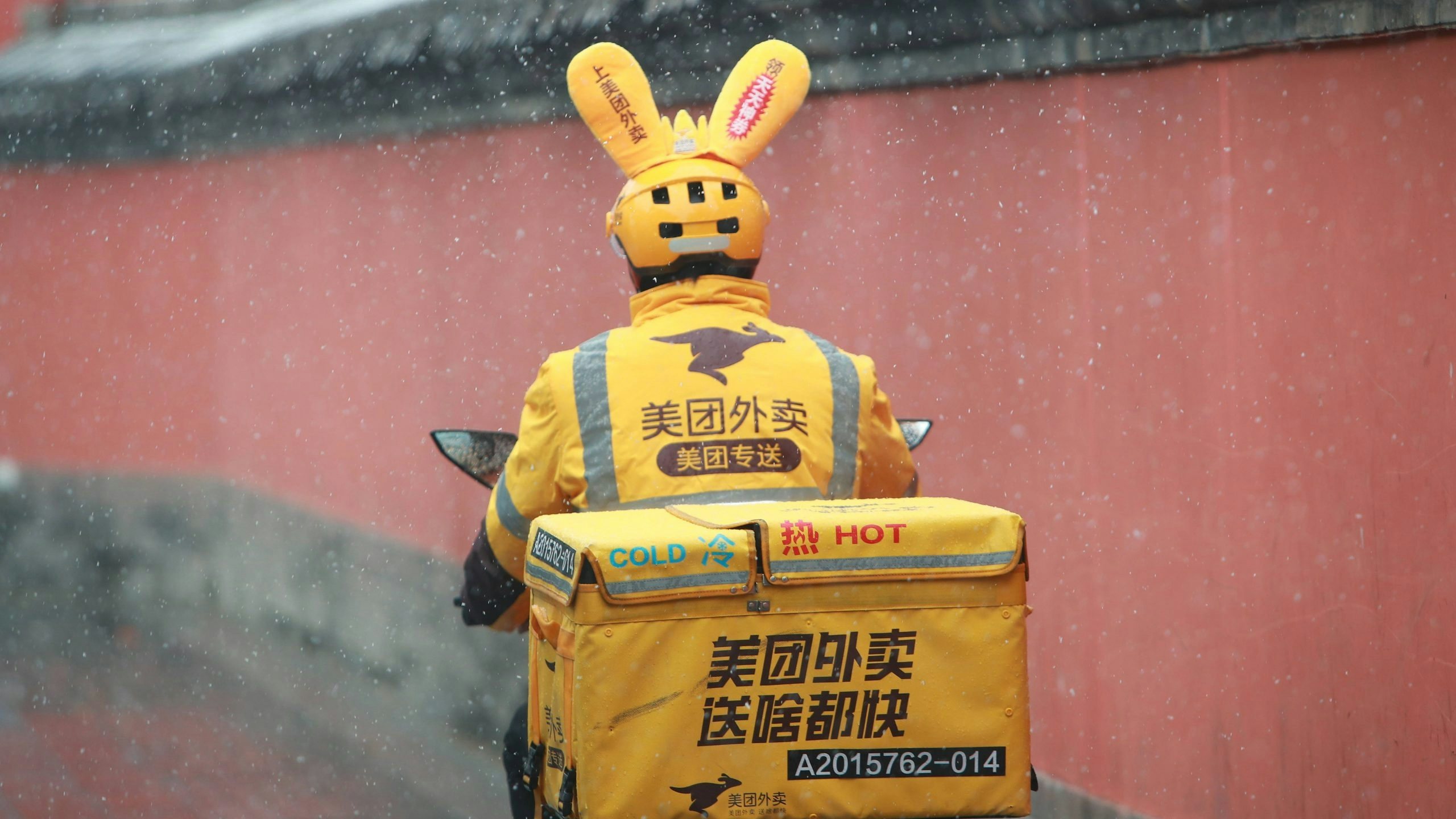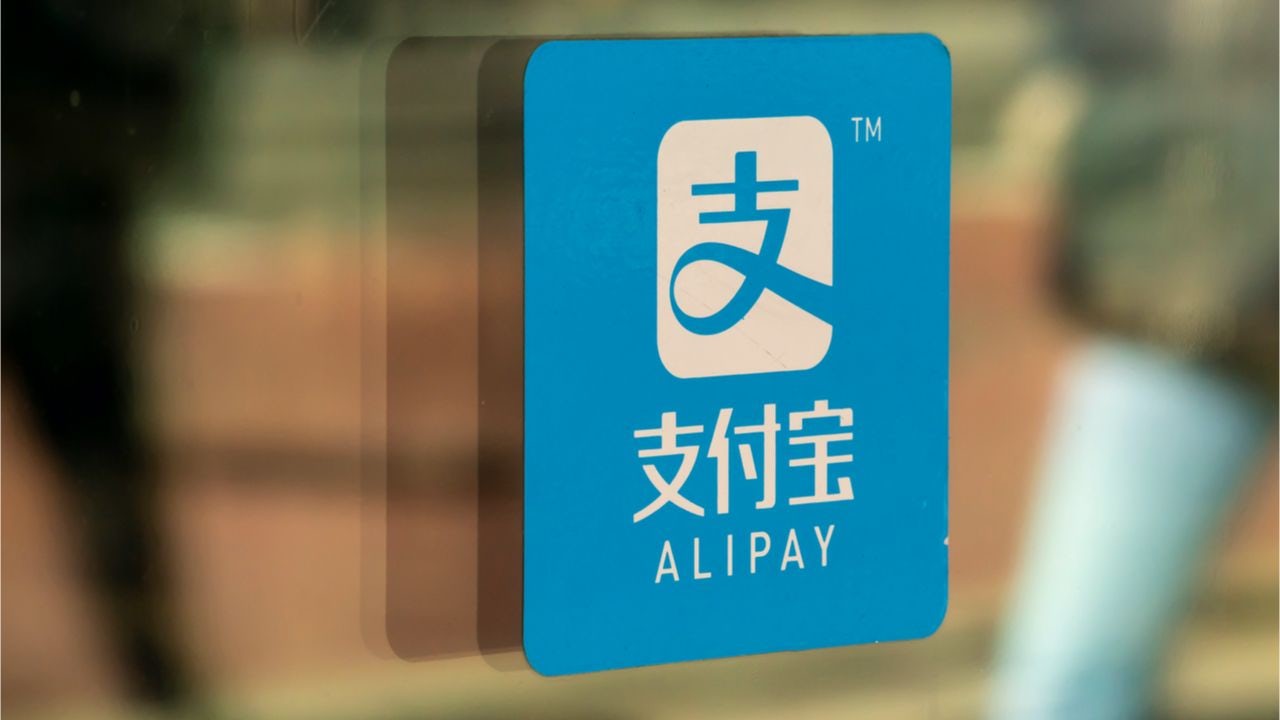What happened
Recently, e-commerce giants have jumped headfirst into the community group-buying trend. But their large-scale selling of groceries is attracting much controversy. Platforms such as Meituan and Pinduoduo have taken over traditional channels for daily spending. And while some people prefer the convenience of delivered goods, many Weibo netizens have expressed concerns that thanks to digitalization, the once-indispensable in-person grocery market seems to be gradually disappearing from people's lives. “These apps are taking away the livelihood of the lower-class merchants,” one user commented. “Can these internet companies stop acting like Elon Musk?”
Jing Take:#
China’s fast-paced economic development and its unique political environment sometimes confuse citizens. Faced with more and more ways to shop online, consumers now face nostalgia for traditional markets and resent overtly capitalist advancements, particularly Gen Zers, who continue to increase their awareness of social issues.
“Does society’s progress and development mean leaving helpless individuals deep in the hopeless quagmire of unemployment and poverty?” By asking this question, a viral article from last November, titled Internet Giants Are Taking Away The Livelihoods Of Grocery Vendors, received massive support. For businesses both in and outside China, displaying social consciousness when providing users with buying convenience has become more necessary than in the past.
The Jing Take reports on a piece of the leading news and presents our editorial team’s analysis of the key implications for the luxury industry. In the recurring column, we analyze everything from product drops and mergers to heated debate sprouting on Chinese social media.

